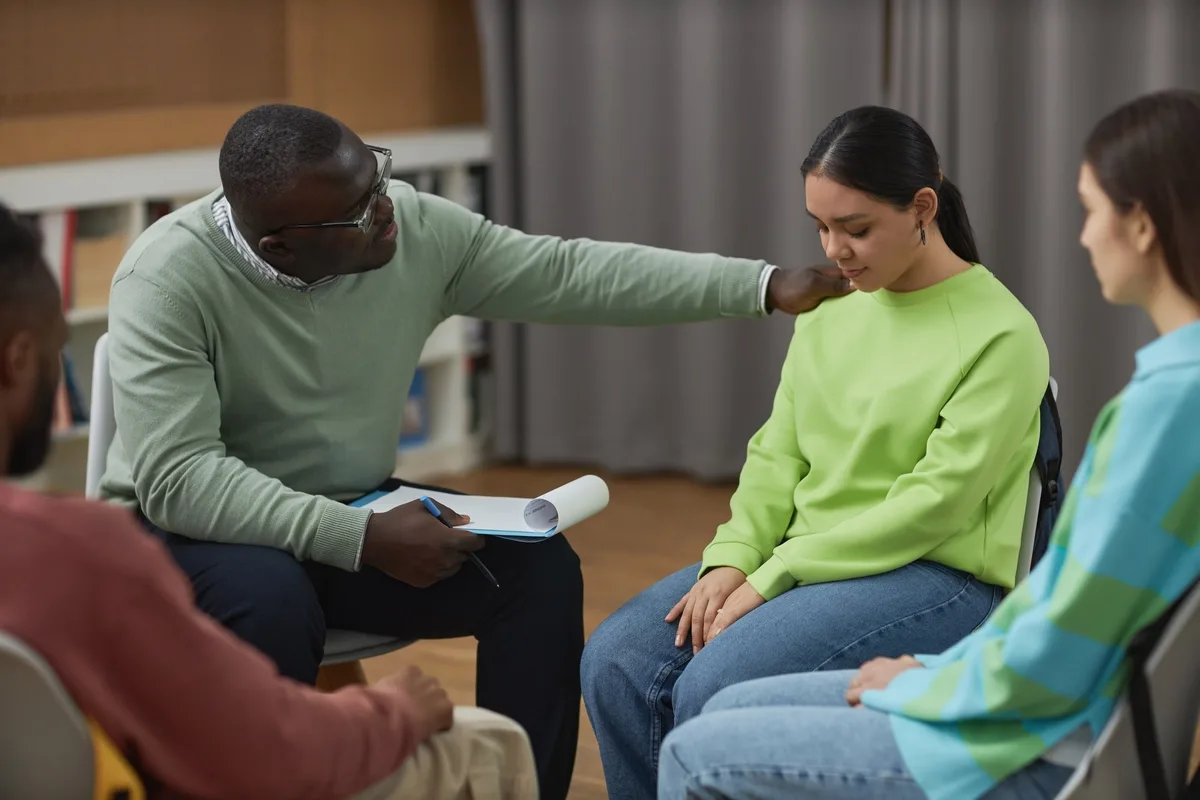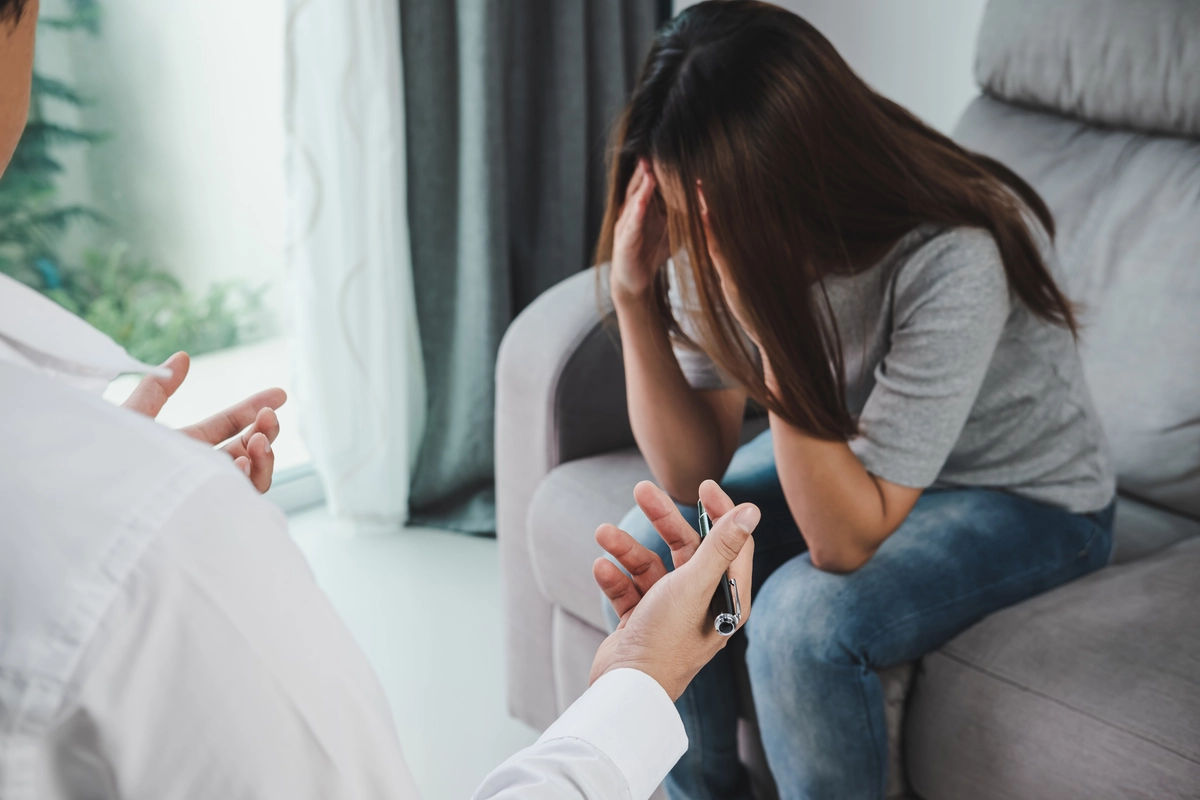24/7 Helpline:
(866) 899-221924/7 Helpline:
(866) 899-2219
Learn more about Outpatient Rehab centers in Lake Waccamaw
Outpatient Rehab in Other Cities

Other Insurance Options

MHNNet Behavioral Health

Excellus
Beacon

Choice Care Network

Health Choice

Molina Healthcare

Private insurance

State Farm

WellCare Health Plans

Premera

CareSource

Optum

Horizon Healthcare Service

Self-pay options

BlueCross

Ceridian

Holman Group

Access to Recovery (ATR) Voucher

Magellan

Optima


Allied Behavioral Management
Allied Behavioral Management is a private rehab located in Whiteville, NC. Allied Behavioral Managem...

Advantage Behavioral Healthcare
Advantage Behavioral Healthcare - Davis Avenue offers outpatient treatment for individuals with alco...

Robeson Healthcare Corporation
Robeson Healthcare Corporation - Hill Plaza is a non-profit rehab located in Whiteville, North Carol...
























































































































AA – Alcoholics Anonymous
AA – Alcoholics Anonymous is a non-profit rehab located in Whiteville, North Carolina. AA – Alcoholi...

Rouse Counseling & Consulting
Rouse Counseling & Consulting is a private rehab located in Whiteville, North Carolina. Rouse Counse...

Clean and Clear Evaluation
Clean and Clear Evaluation is a private rehab located in Whiteville, NC. Clean and Clear Evaluation ...











































































